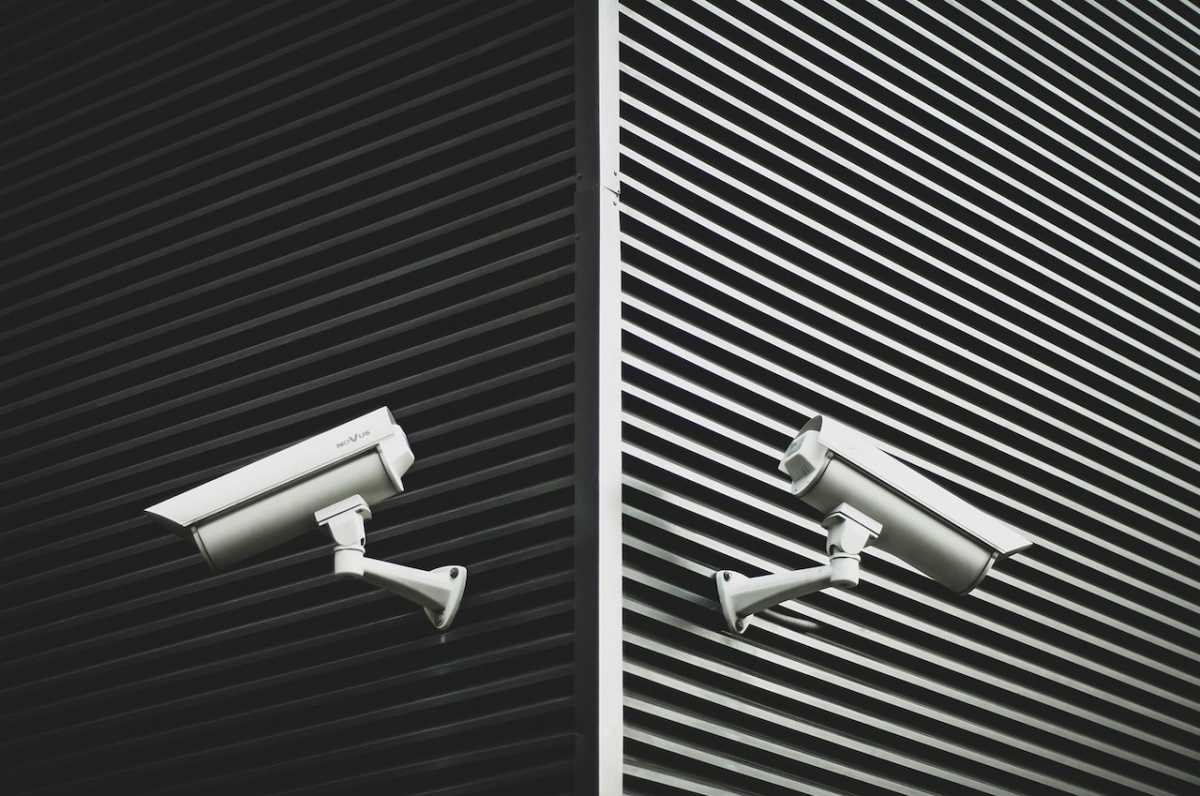Unlocking Home Security: A Comprehensive Guide On Alarm Systems
- - Category: Accessories
- - 26 Mar, 2024
- - Views: 97
- Save

Make sure to have a reliable home security system in place as your primary defense.
When it comes to fortifying your personal sanctuary, no measure is too extreme to ensure the safety of your loved ones and the security of your valuables. In an interconnected world where threats can materialize from the click of a button, the significance of a reliable home alarm system cannot be overstated.
A robust home security system is your first line of defense, designed to alert you, authorities, and deter potential intruders. It's a layer of protection that not only reacts to a break-in but can also proactively prevent one. With a multitude of options available in the market, navigating the landscape of home alarm systems may seem like a daunting task. Fear not, as we dissect the complexities here, revealing strategies to enhance your residential fortress.
Understanding Your Security Needs
Before we plunge into the features and functionalities of different home alarm systems, we must first construct a personalized framework based on your specific security requisites. Reflect on the layout of your home, your geographic location, and the potential vulnerabilities. Isolated urban bungalows face different risks than apartments in high-traffic complexes. Assessing these variables will provide a snapshot of what you need to safeguard.
The level of integration with mobile apps and smart home technology is also a key factor to consider. For those always on the go, a system that offers remote monitoring and control can be invaluable. Similarly, individuals with a burgeoning smart home setup should opt for a solution that seamlessly meshes with existing technologies.
Once you've established your personalized security needs, it's time to explore the spectrum of home alarm systems.
Wired or Wireless: Choosing your Backbone
Home alarm systems predominantly come in two flavors – wired and wireless. Wired systems are the traditional stalwarts, known for their reliability. They require a physical connection to your home's electrical circuits and are usually installed during the construction phase. In contrast, wireless systems, powered by batteries and cellular signals, offer greater flexibility in terms of installation locations and ease of expansion.
It's important to note that each system presents its own set of advantages and limitations. While wired systems are less prone to signal interference and offer a consistent power supply, they can be cumbersome to install and lack the flexibility of expansion. On the other hand, wireless systems, though more susceptible to signal disruption, provide the convenience of a quicker setup and can evolve with your security needs.
Components and Considerations
No two homes are the same, and neither should be their alarm systems. A comprehensive home security setup combines a host of components that work in tandem to create a blanket of protection.
Entrance points are the most common routes for intruders. Magnetic contacts on doors and windows, and motion sensors, are quintessential in-home security. These sensors can trigger an alarm when a breach is detected, offering you peace of mind, even when you're asleep or away.
Modern home surveillance cameras are not just a deterrent but a potent tool for monitoring and capturing evidence. High-definition video feeds via your smartphone can give a live update on the status of your home with the tap of a finger.
But your security isn't only challenged by human threats. Smoke and carbon monoxide detectors, integrated into your security system, ensure an early warning in the case of environmental hazards.
Managing your system's activation should be as versatile as your lifestyle. Keypads, key fobs, and app-based controls all afford you different levels of convenience in engaging and disengaging your security system.
Opting for professional monitoring services adds a layer of vigilance to your setup. Trained professionals are on standby, ready to respond to any triggered alarm by dispatching appropriate authorities.
The choice between a do-it-yourself installation and a professional service hinges on your comfort level with technology and your home's complexity. While DIY kits can be cheaper and more flexible, professional installations offer a peace of mind associated with expert setup.
Integrating Automation for Ultimate Control
The melding of home security with smart home automation has birthed a new echelon of control. An integrated system allows for automated responses to security breaches, such as lights turning on and doors locking. It means customization down to the tiniest details, empowering you to create a security mesh tailored to your specific needs.
Selecting the Right Provider
Choosing the right home security provider is a critical decision. Thoroughly vet potential companies by perusing service contracts, customer reviews, and the breadth of services offered. Look for providers that offer responsive customer support, comprehensive warranties, and clear pricing structures.
Final Thoughts
In conclusion, a home alarm system is not merely an investment; it's a sentinel that stands vigilant while you live your life. It's a partnership between technology and your instinct for self-preservation, tailored to keep pace with an evolving world.
By adhering to the guidelines and strategies detailed in this post, you're on the right path to crafting a security framework that's impenetrable. With thorough research and careful consideration, your home will transform into a bastion of safety, serenity, and unadulterated peace of mind.

